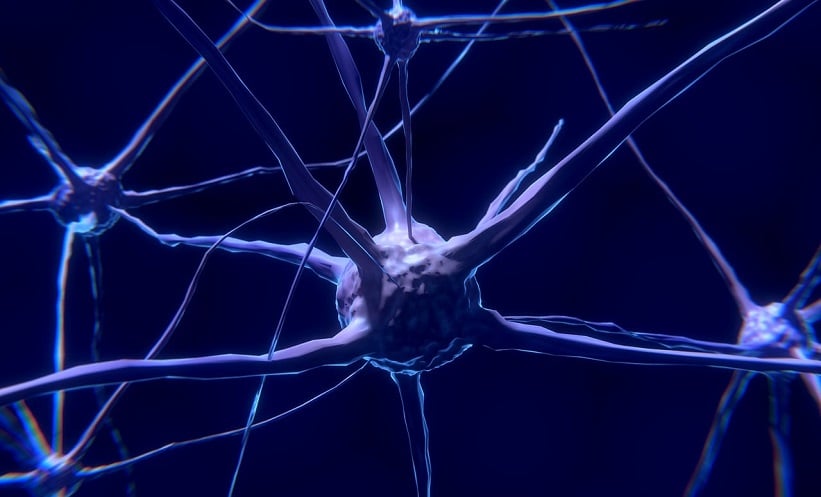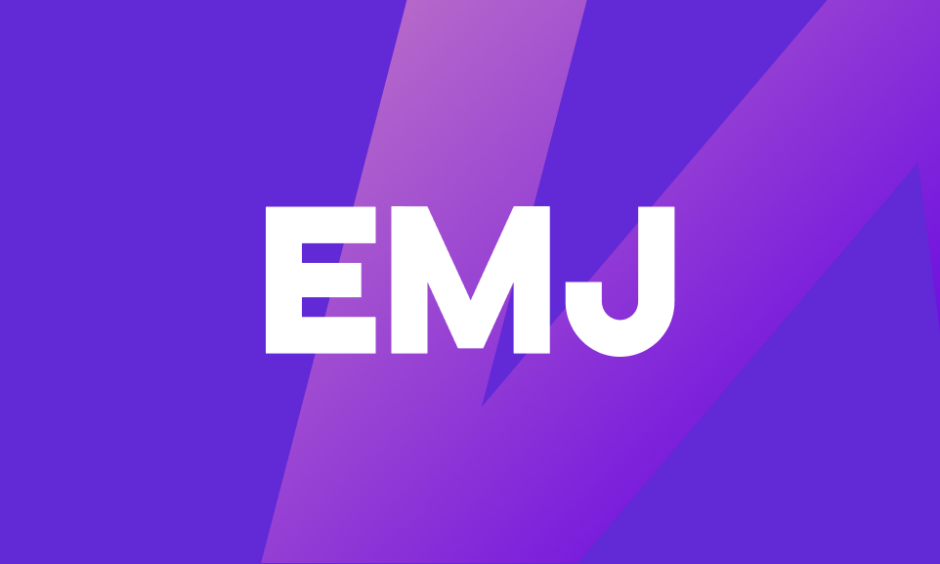PREDICTION of relapse in patients with myelin-oligodendrocyte glycoprotein antibody-associated disease (MOGAD) has been achieved using a novel relapse risk score, according to data presented at the 18th World Congress on Controversies in Neurology (CONy), which took place in London, UK, between the 21st–23rd March 2024.
Researchers developed the relapse risk prediction score to aid recognition and prevention of MOGAD relapses. Yun Xu, Center for Neurology, Beijing Tian Tan Hospital, Capital Medical University, China and colleagues, identified patients with MOGAD in March 2023 using the multicentre China National Registry of Neuro-Inflammatory Diseases (CNRID). Patients were prospectively followed up in September 2023 to identify their most recent relapse. Relapse was defined as the appearance of new neurological abnormality for at least 24 hours in the absence of infection or pyrexia, that occurred ≥30-days after the preceding demyelinating event that lasted for ≥24 hours.
A total of 188 patients (612 treatment episodes) were included in the study. Of these, 75% (n=142) were allocated to prediction model development cohort, and 25% (n=46) to the internal validation cohort.
The characteristics found to be associated with MOGAD relapse were female sex (hazard ratio [HR]: 0.687; 95% confidence interval [CI]: 0.524–0.899; p=0.006); age at onset ≥45 years (HR: 1.621; 95% CI: 1.242–2.115, p<0.001); immunosuppressive treatment (HR: 0.338; 95% CI: 0.239–0.479; p<0.001); oral corticosteroids >3 months (HR: 0.449; 95% CI: 0.326–0.620; p<0.001); and onset phenotype (p<0.001). From this, the team derived a simple score called MOG-AR, which was inclusive of these associated factors.
The different factors contributing to the overall MOG-AR score were: no immunosuppressive therapy: 5 points; oral corticosteroids <3 months: 3 points; age at onset ≥45 years: 1 point; female: 2 points; and attack phenotype (cerebral cortical encephalitis: 4 points; acute disseminated encephalomyelitis: 3 points; optic neuritis: 2 points; cerebral mono- or polyfocal deficits: 1 point; brainstem or cerebellar deficits: 1 point; and myelitis: 0 points). A higher risk of MOGAD relapse was associated with a MOG-AR score of 13–16 (HR: 3.285; 95% CI: 1.473–7.327; p=0.004).
From their research, the authors concluded that risk of MOGAD relapse can be predicted, and that the MOG-AR score could be used routinely in clinical practice as a decision-making aid to support implementation of appropriate treatment, such as maintenance immunotherapy, and to help determine the regularity of follow-up, or need for further investigation. However, they noted that further validation in studies performed on a larger scale is required.








